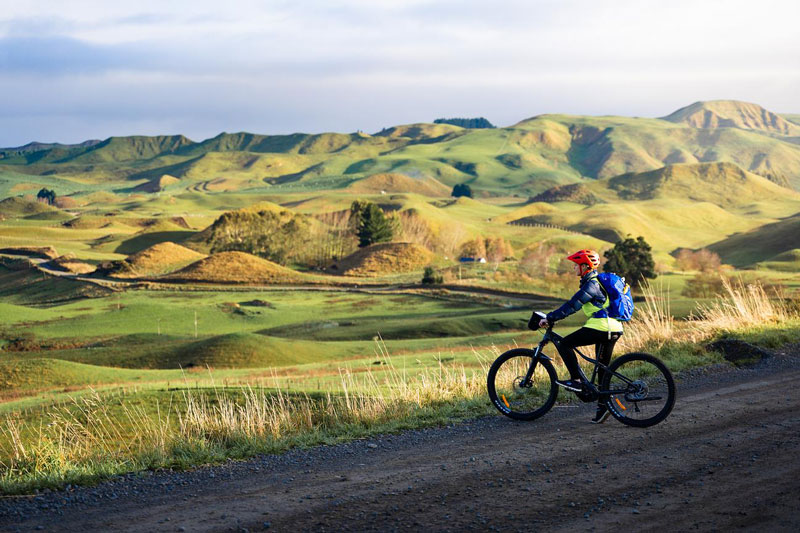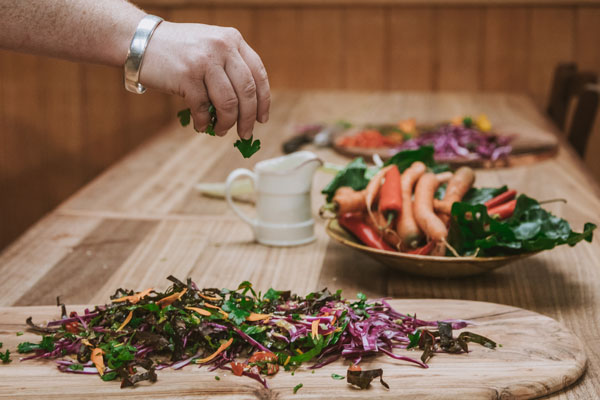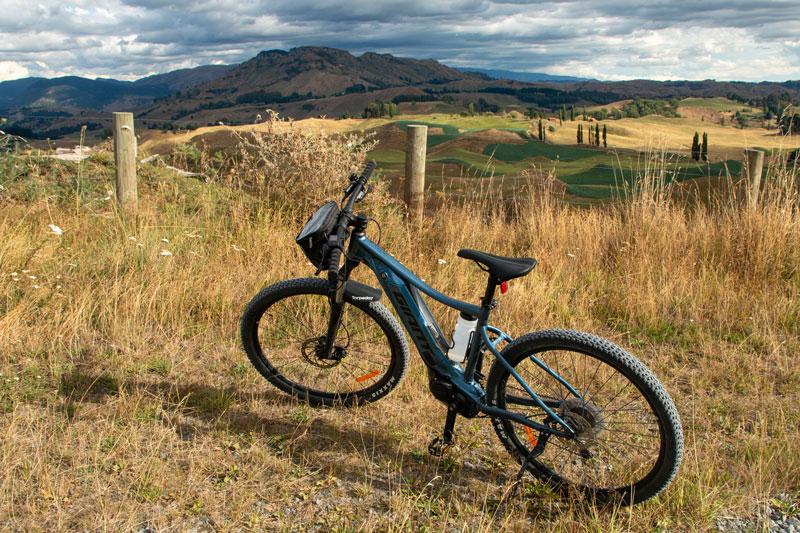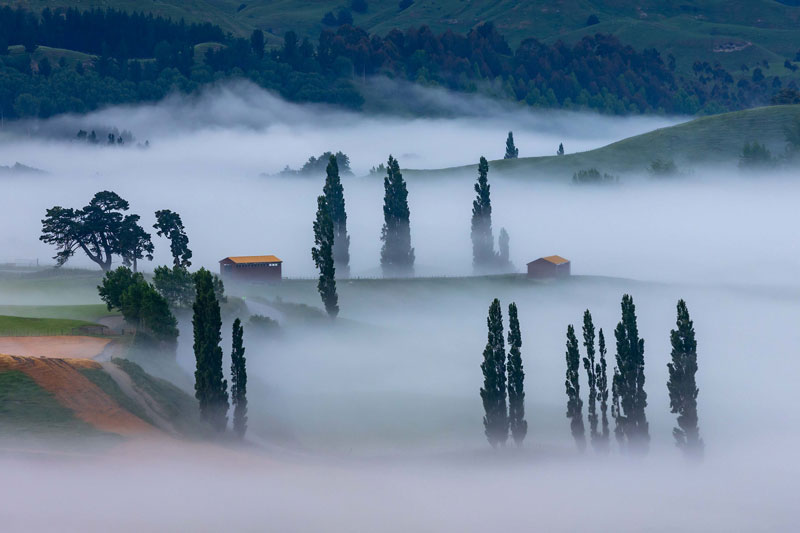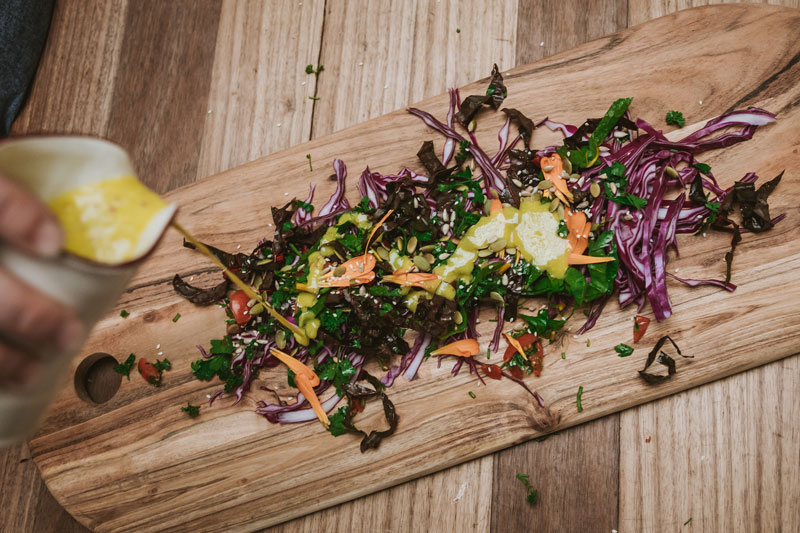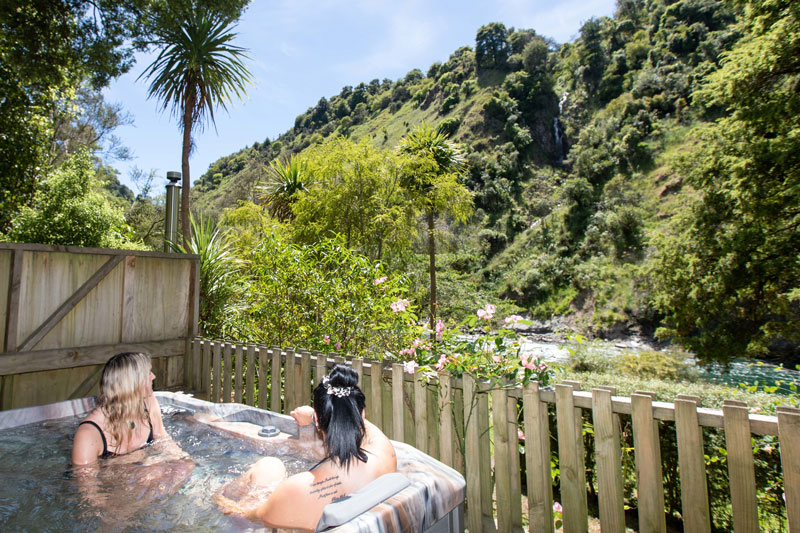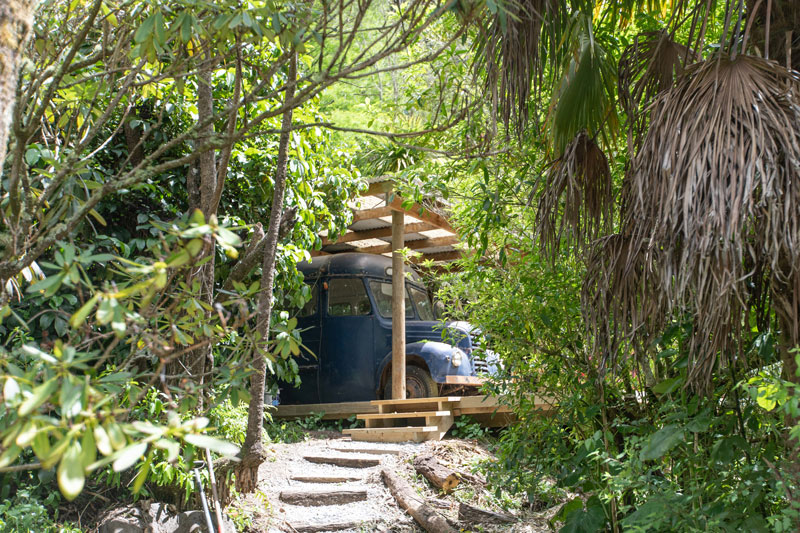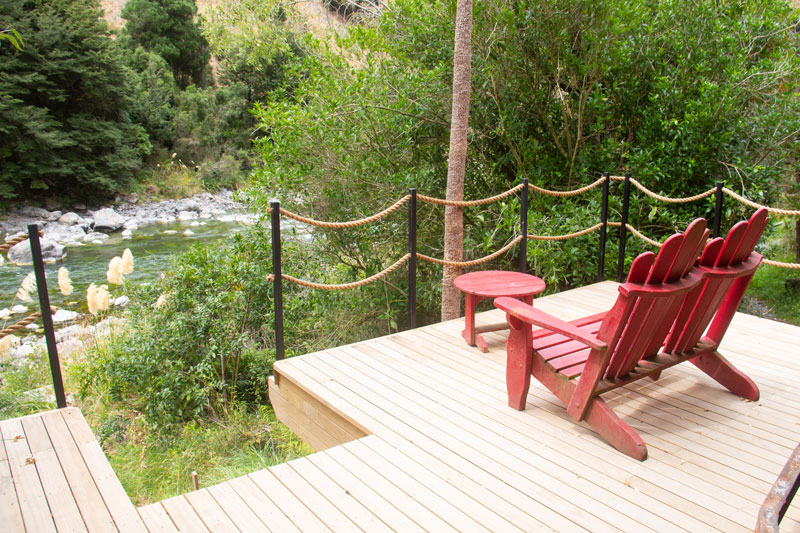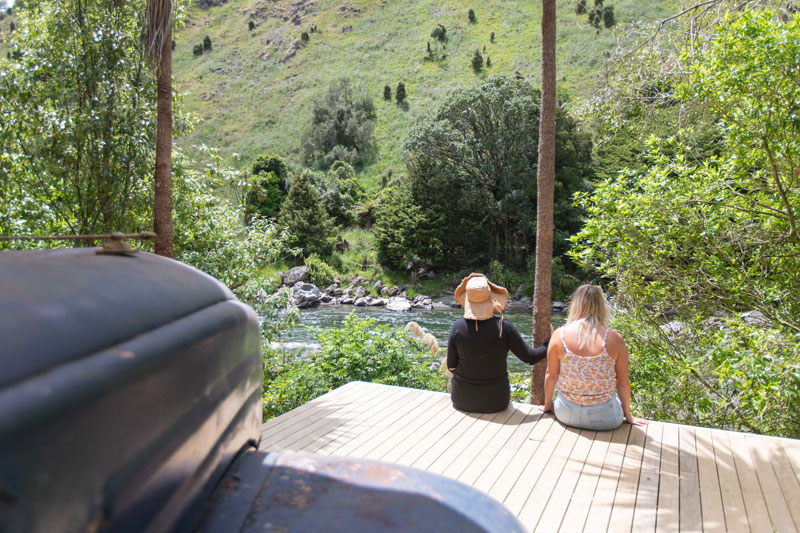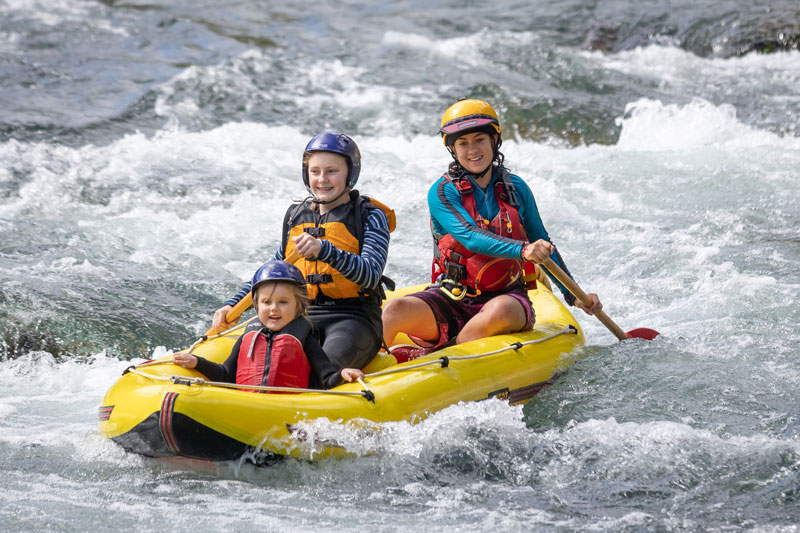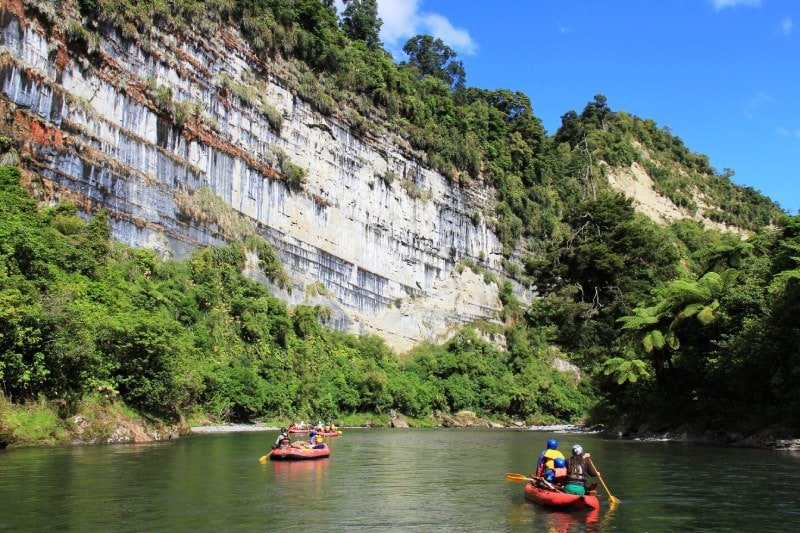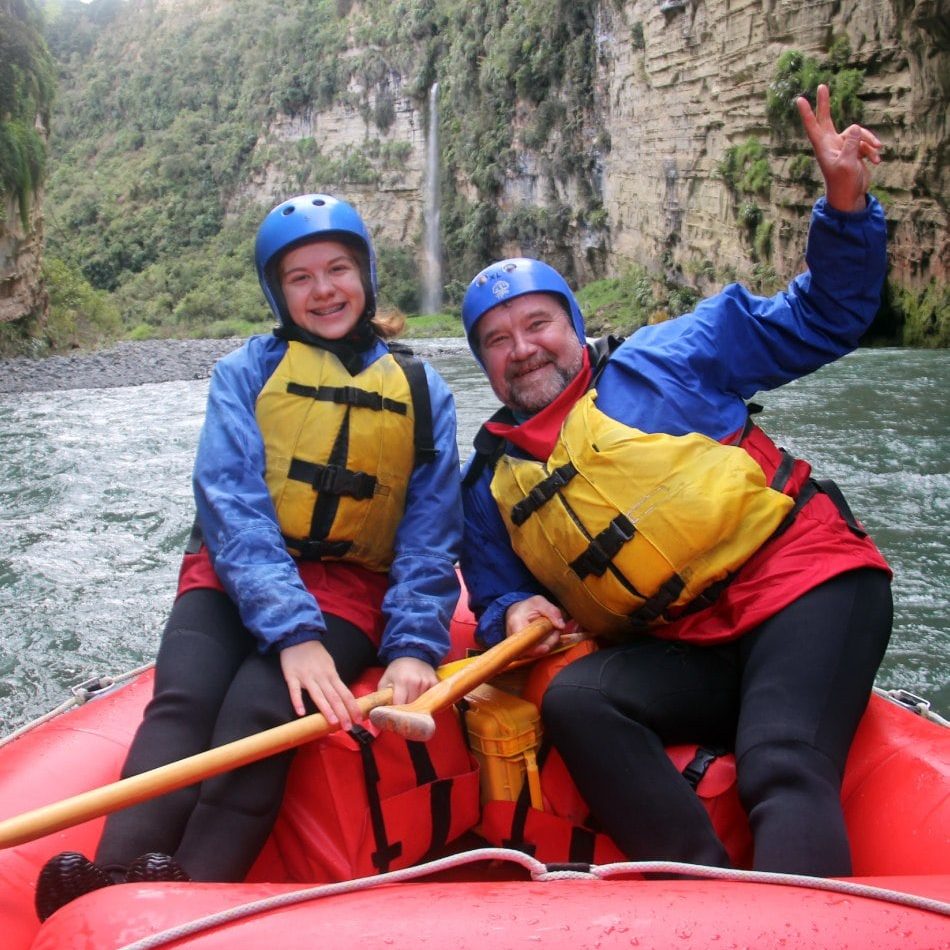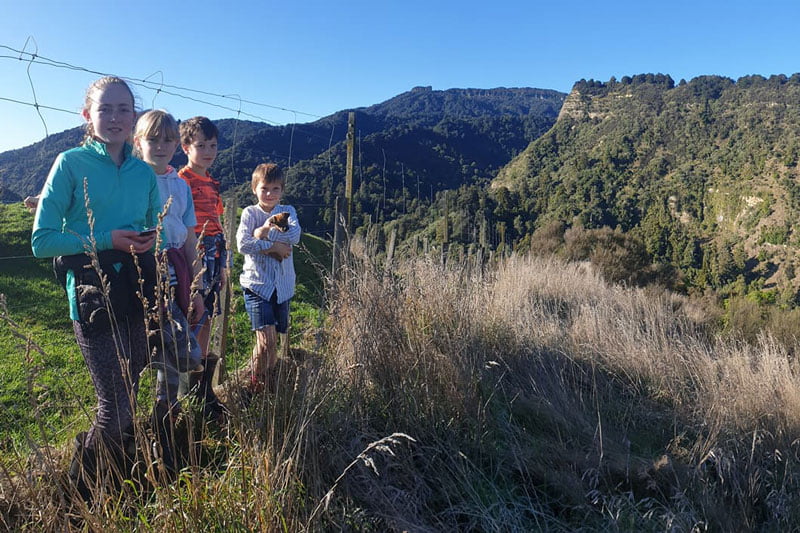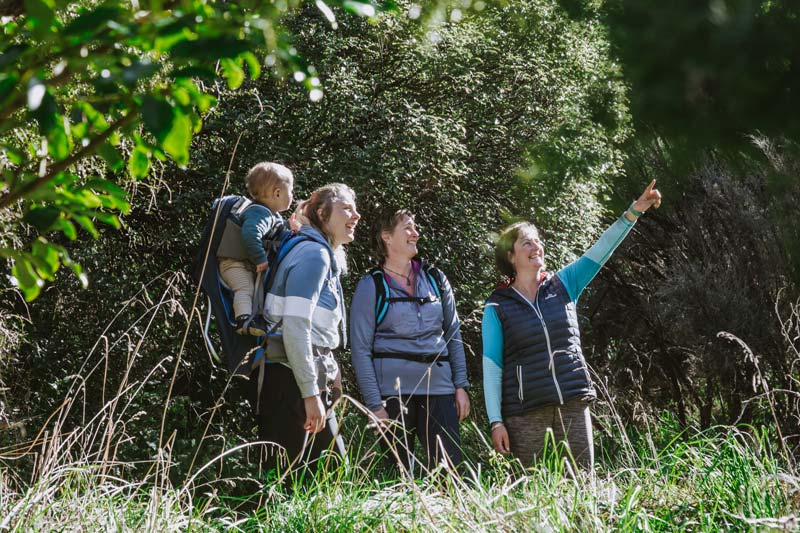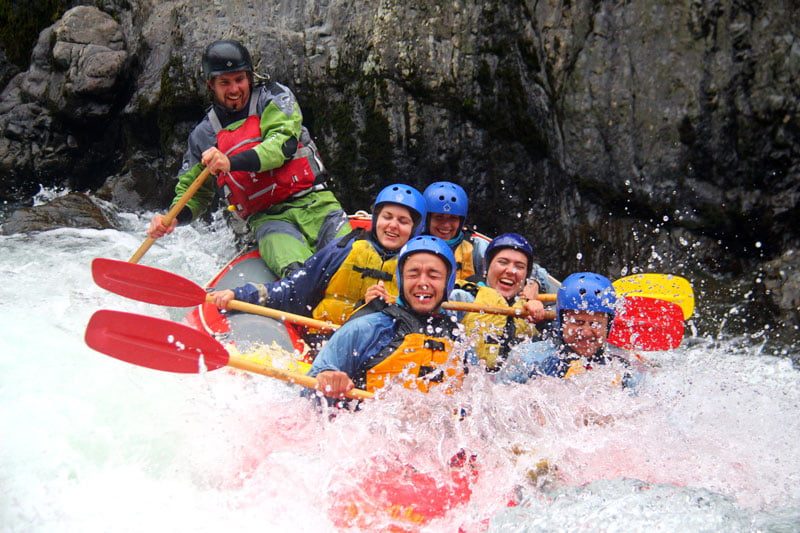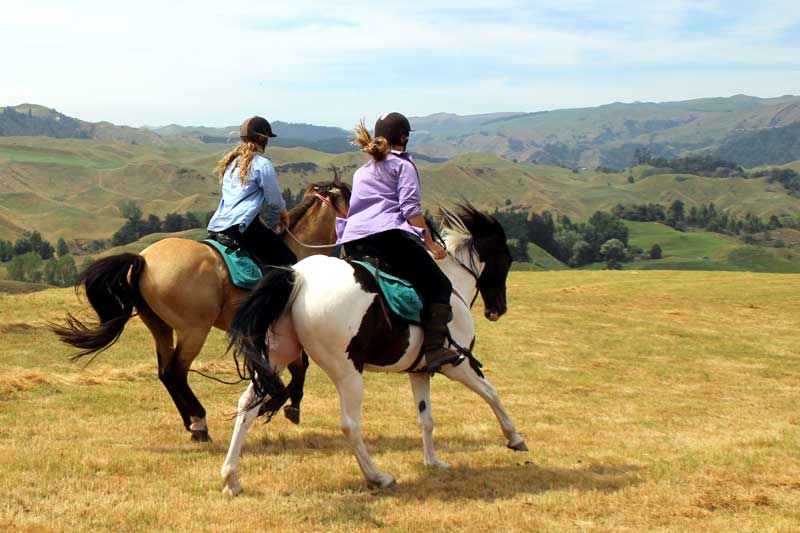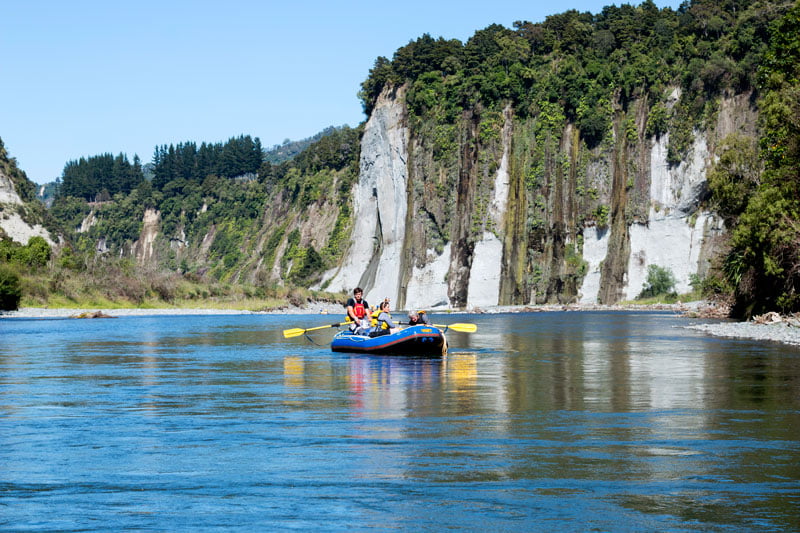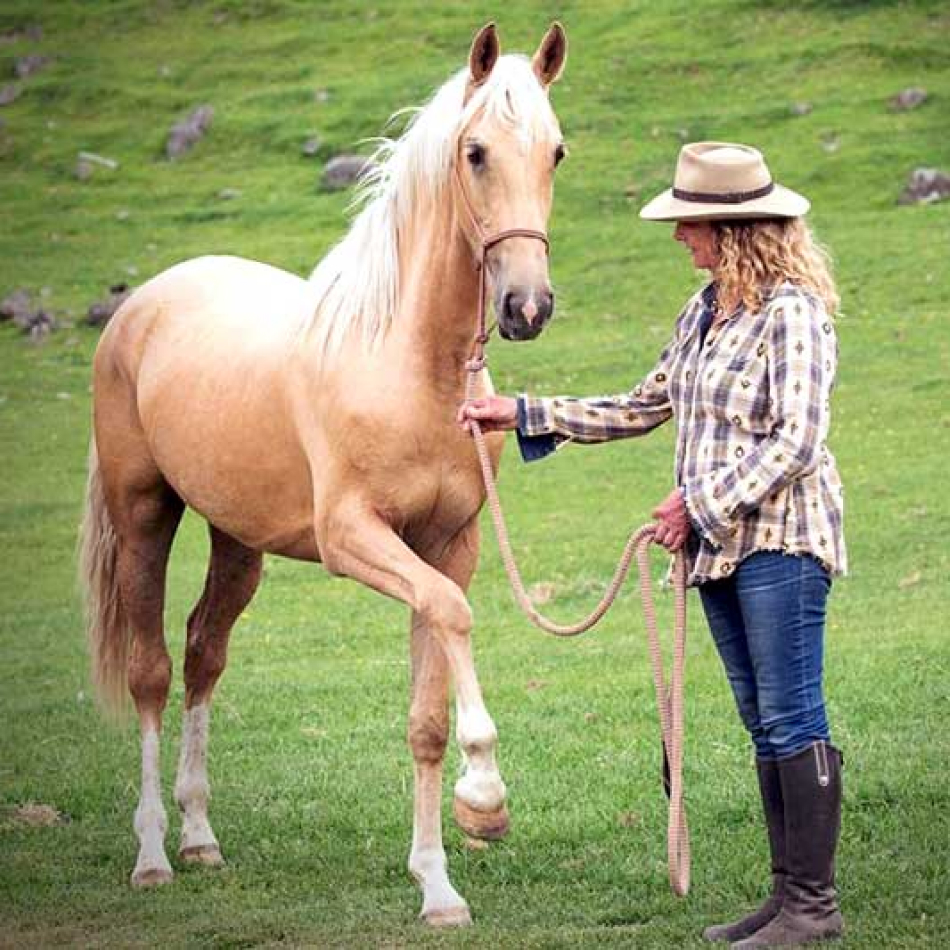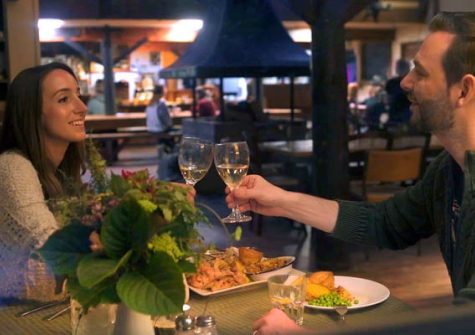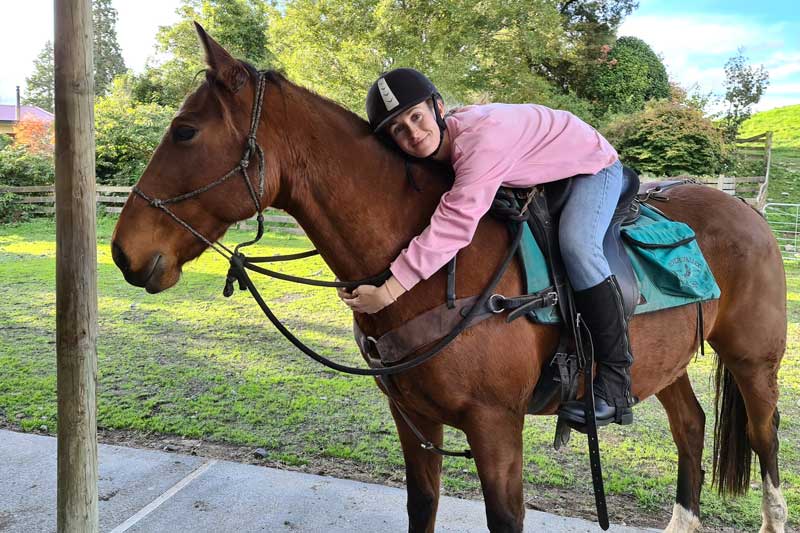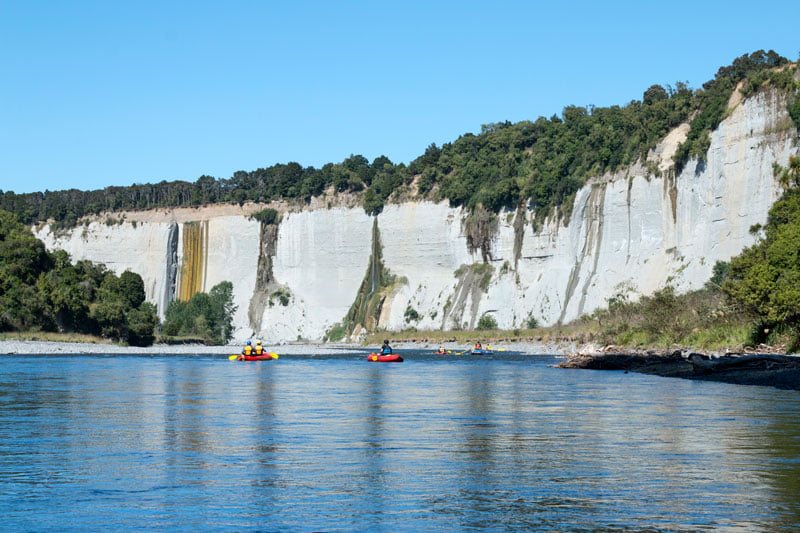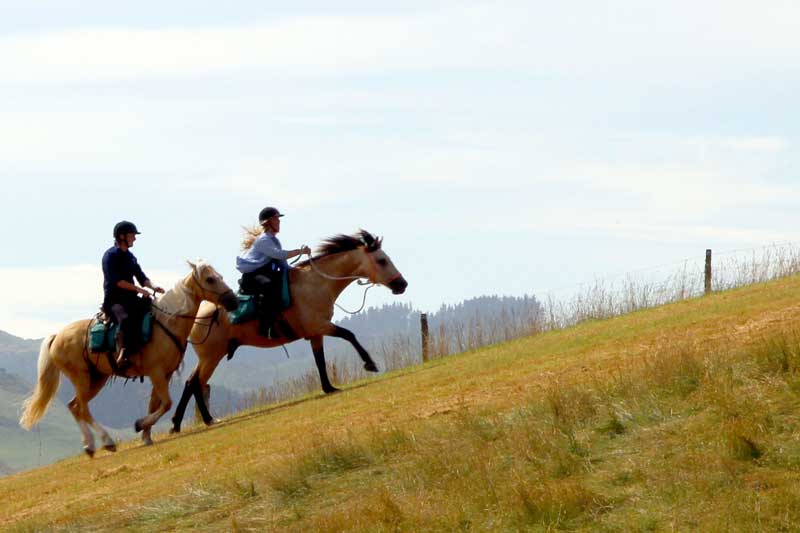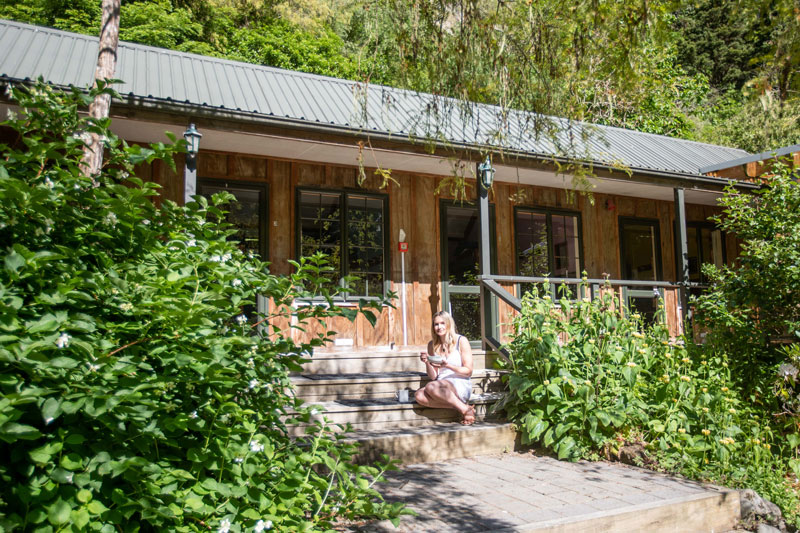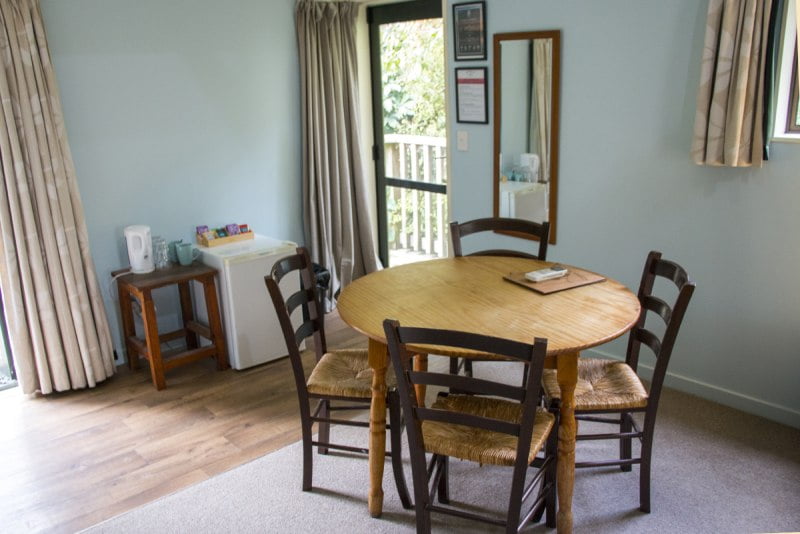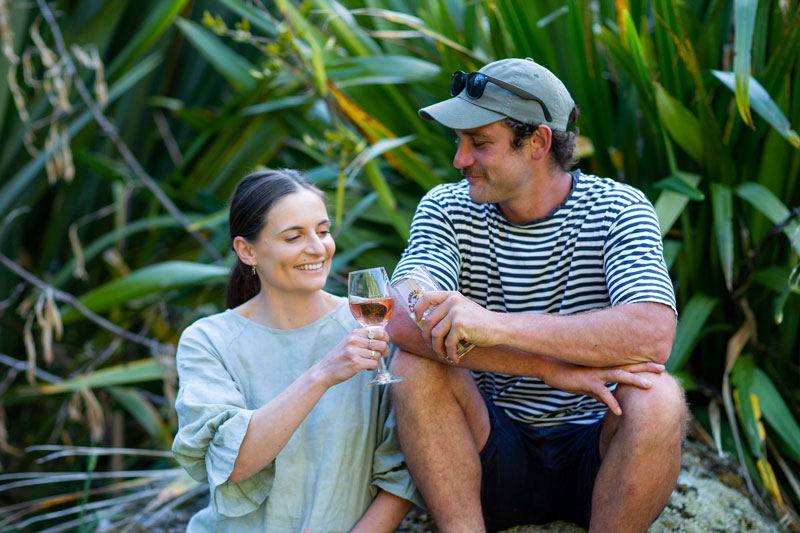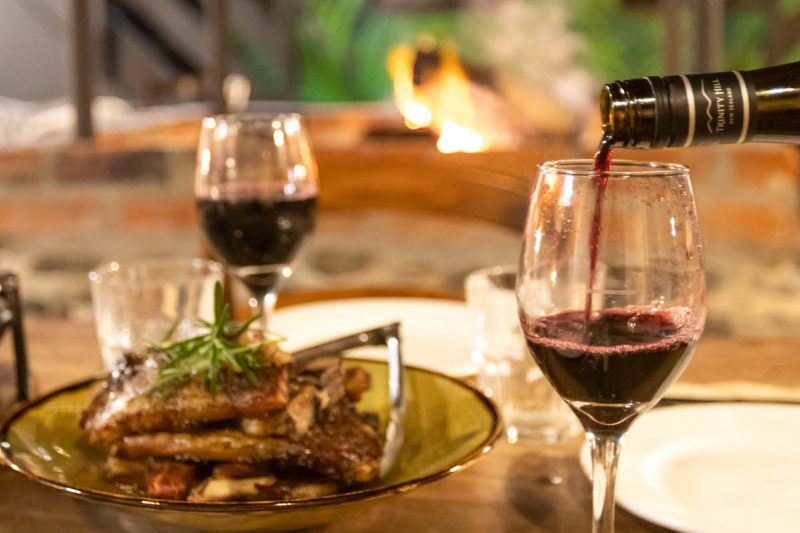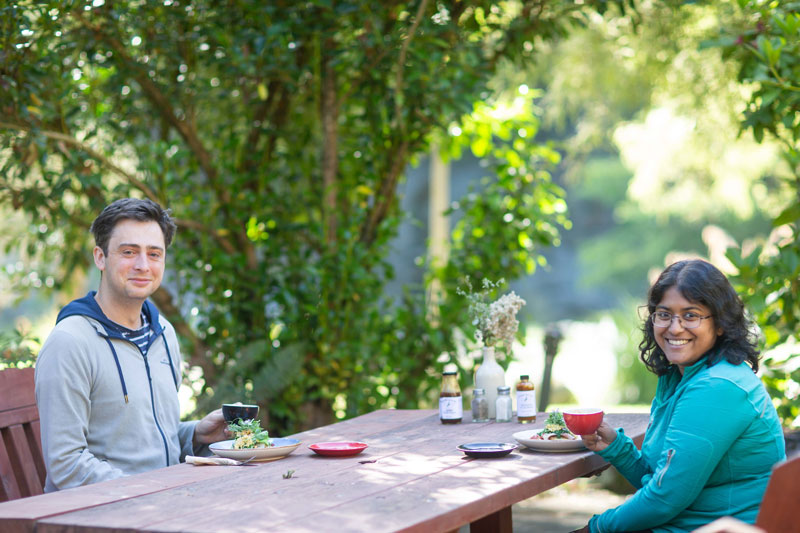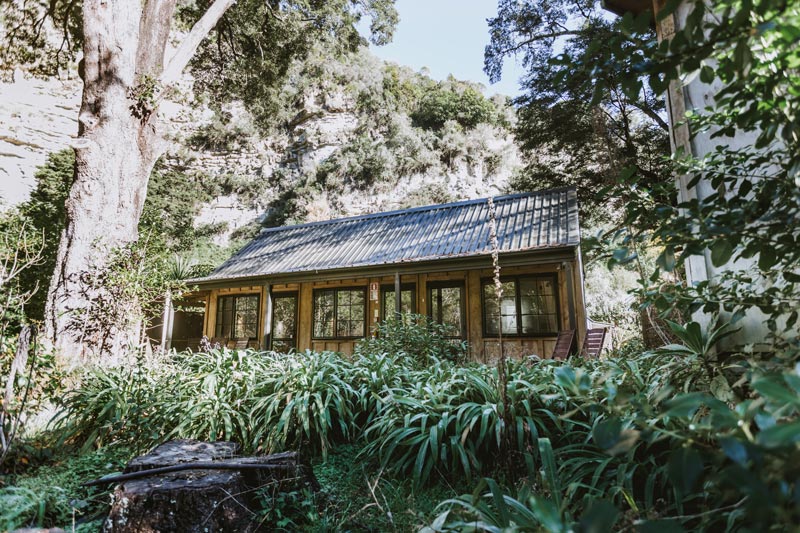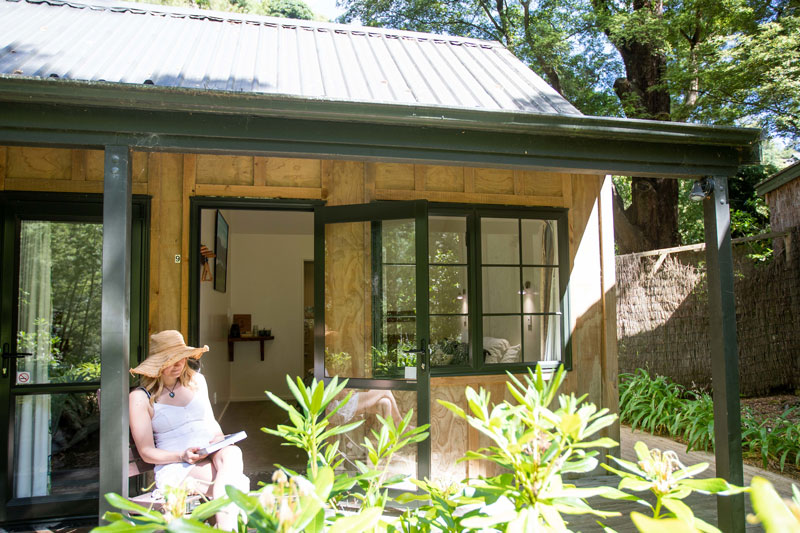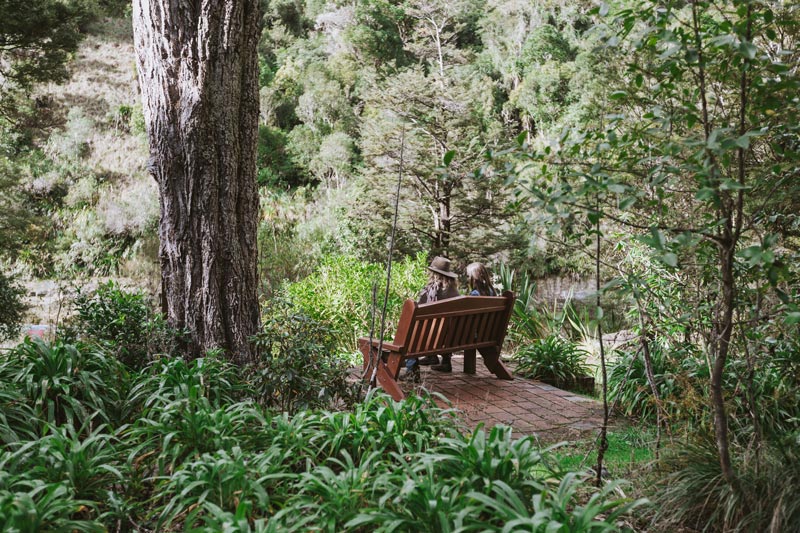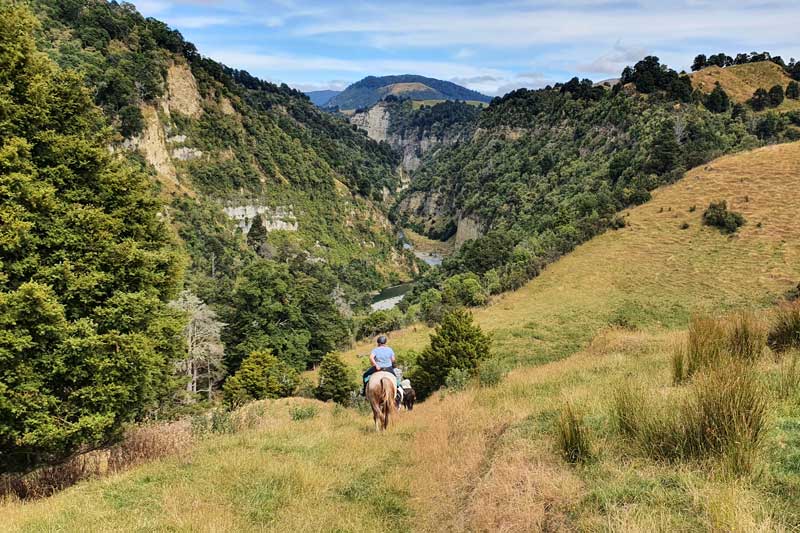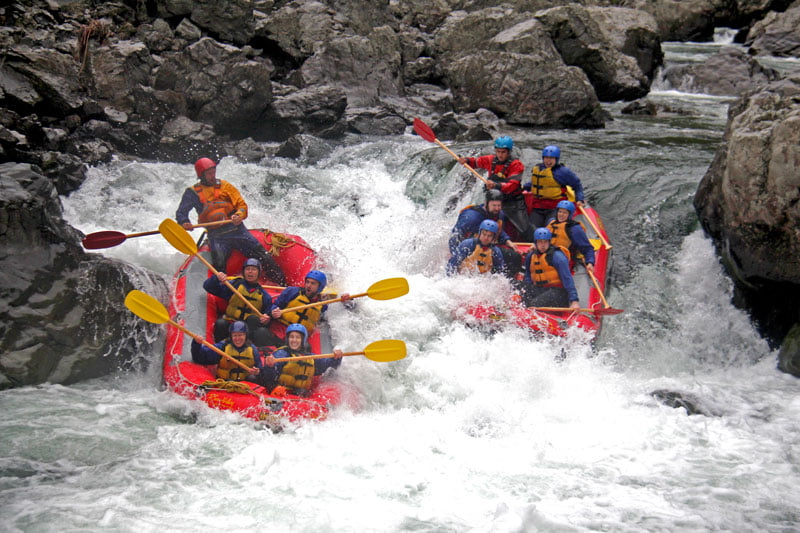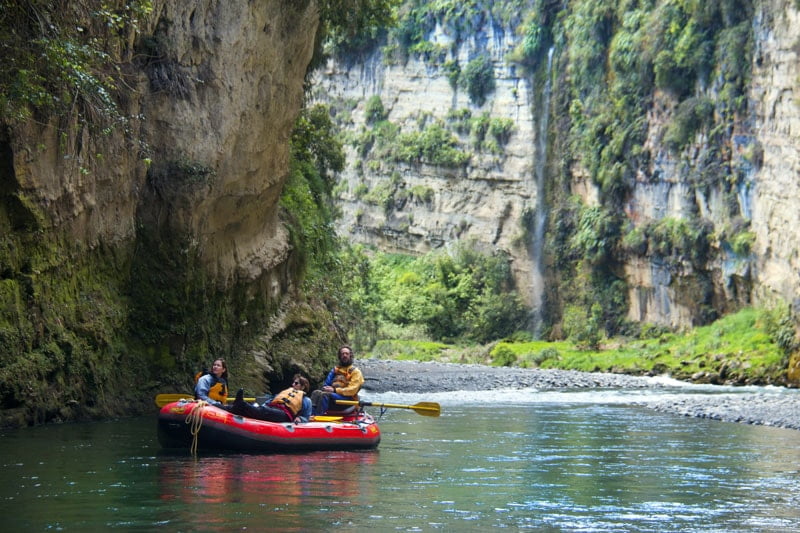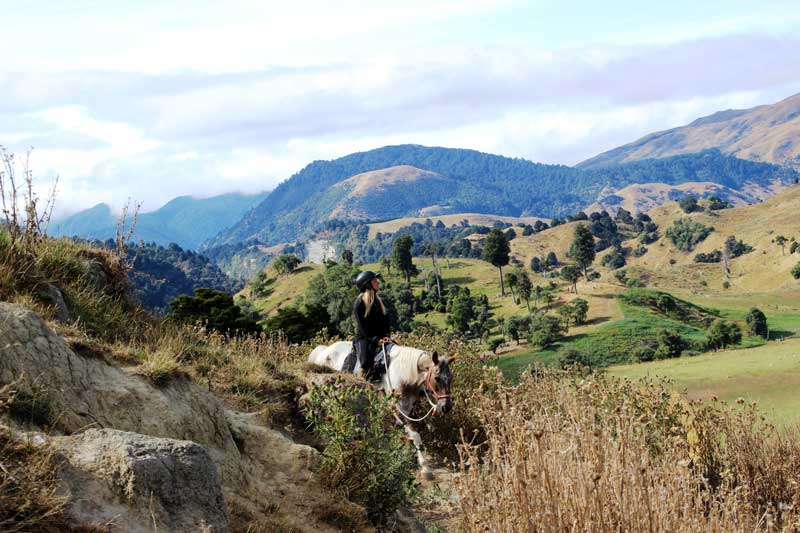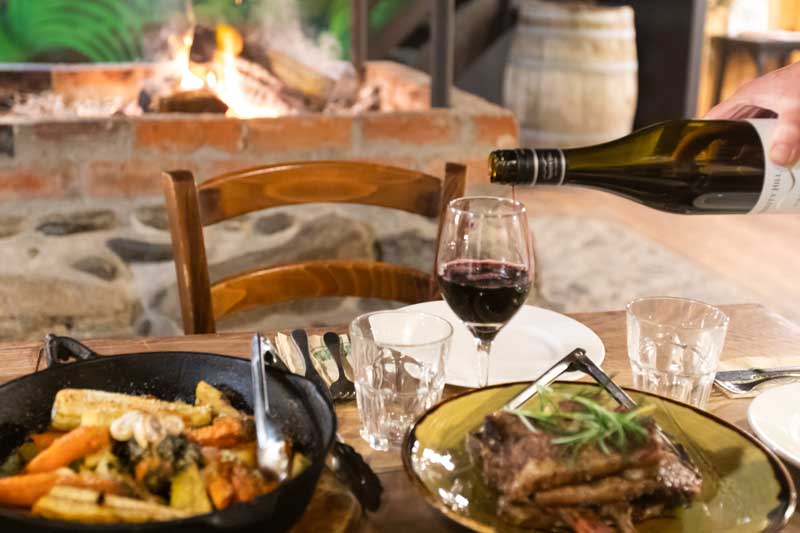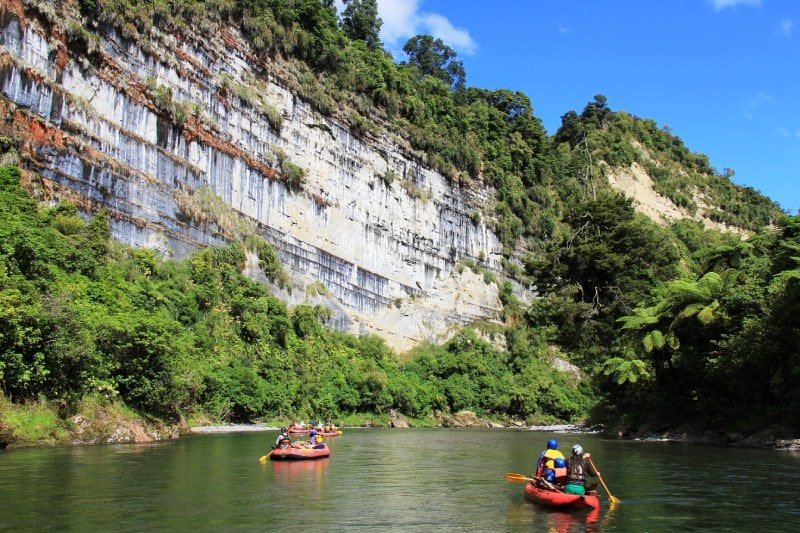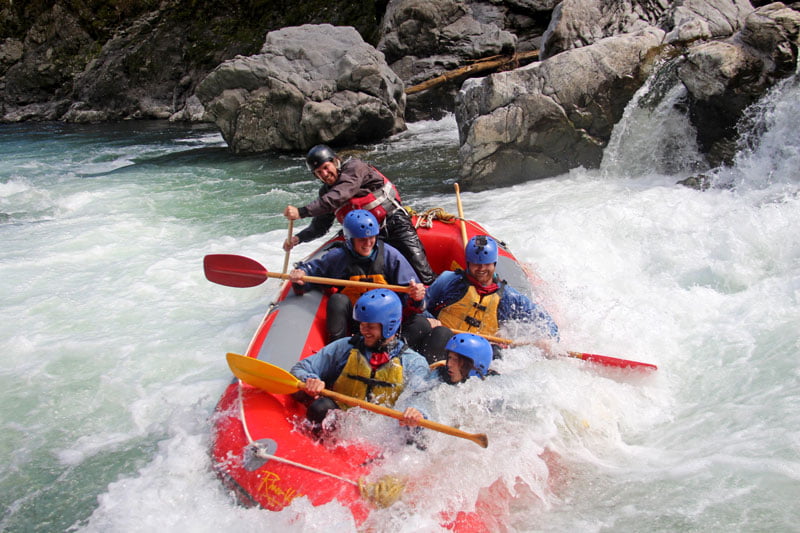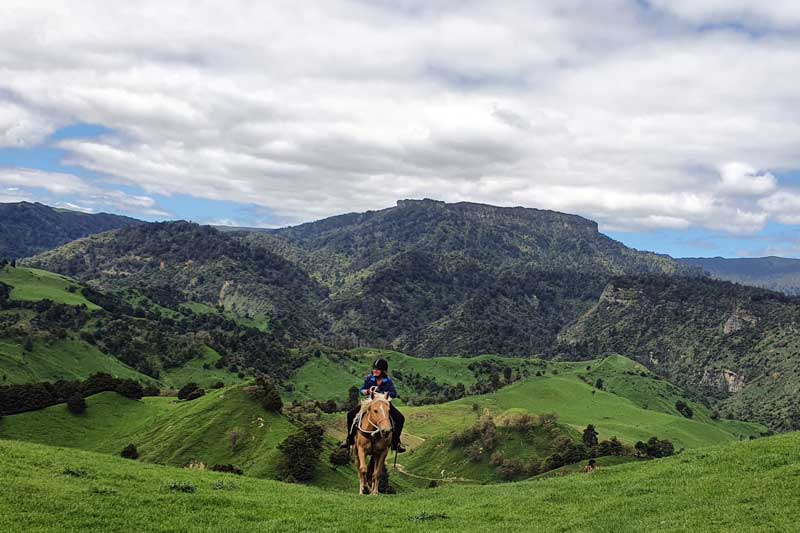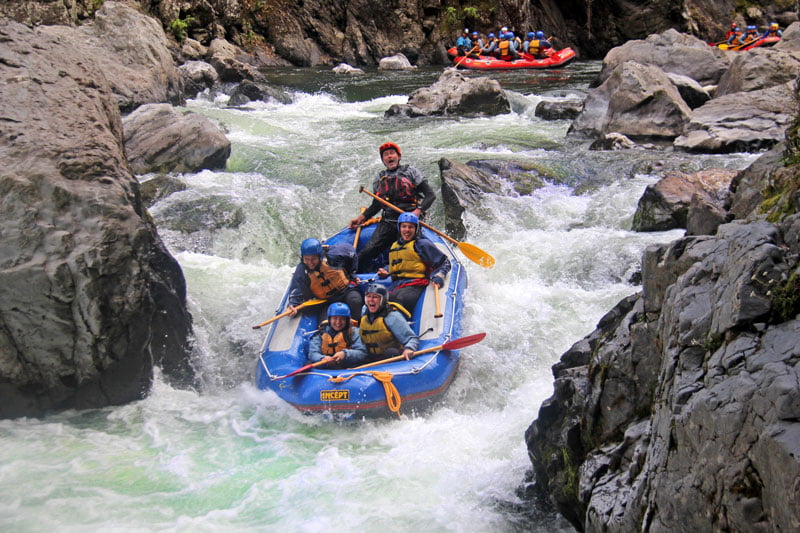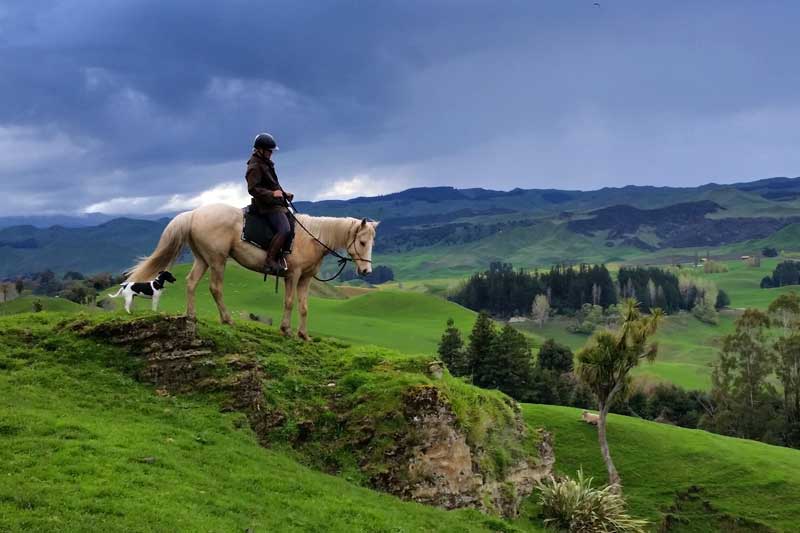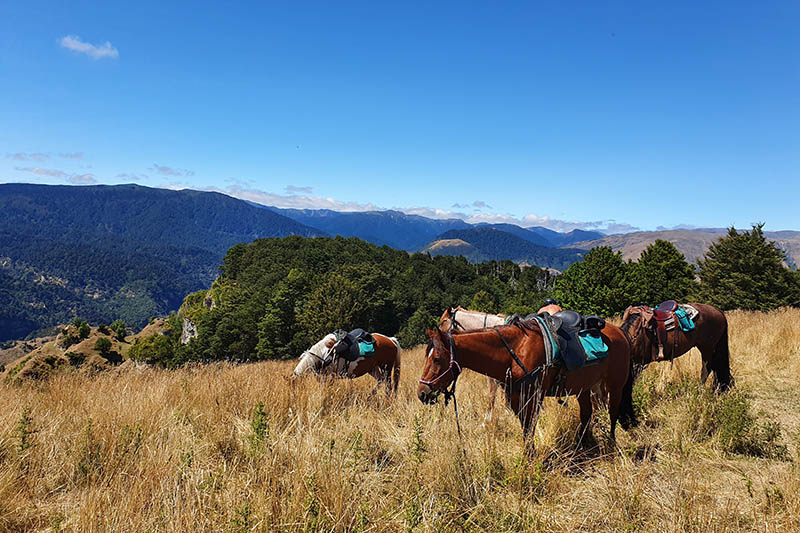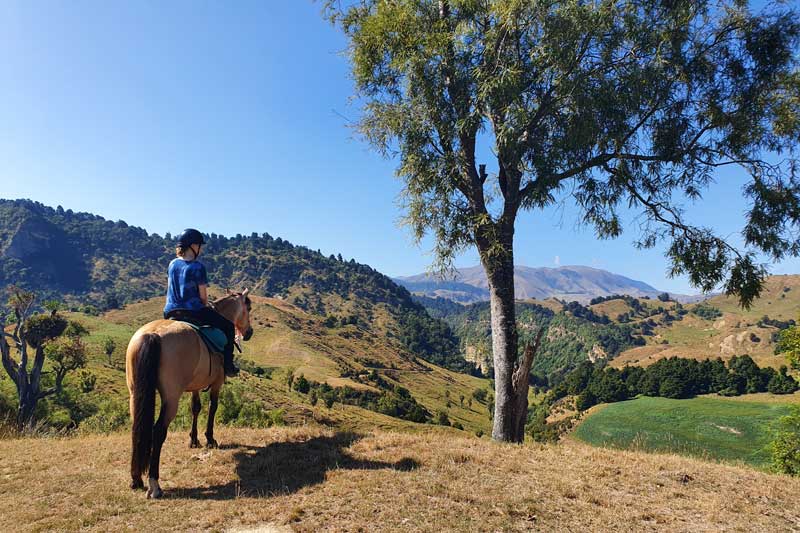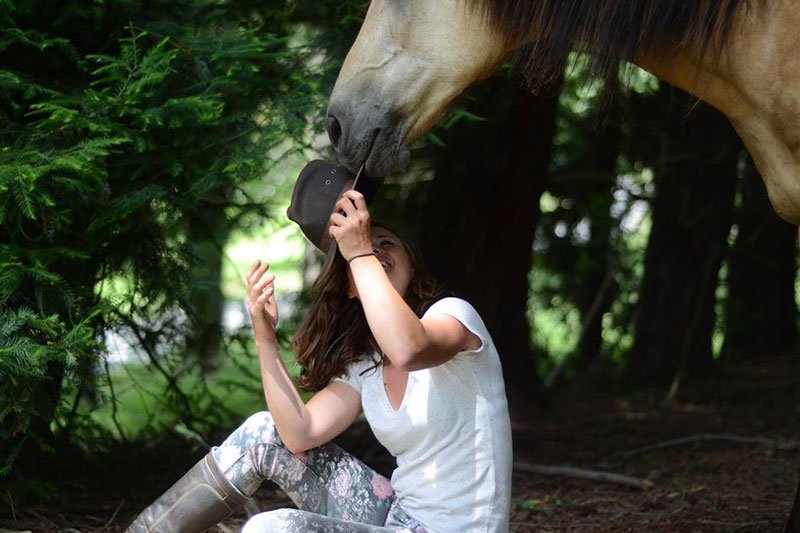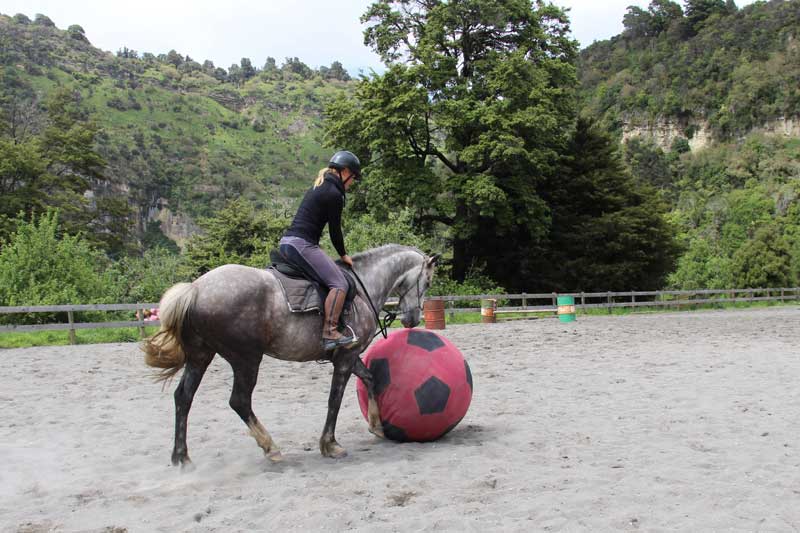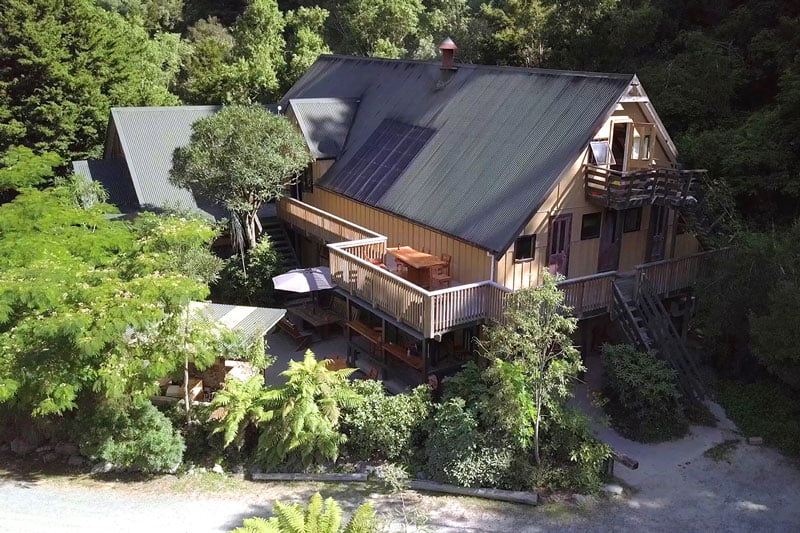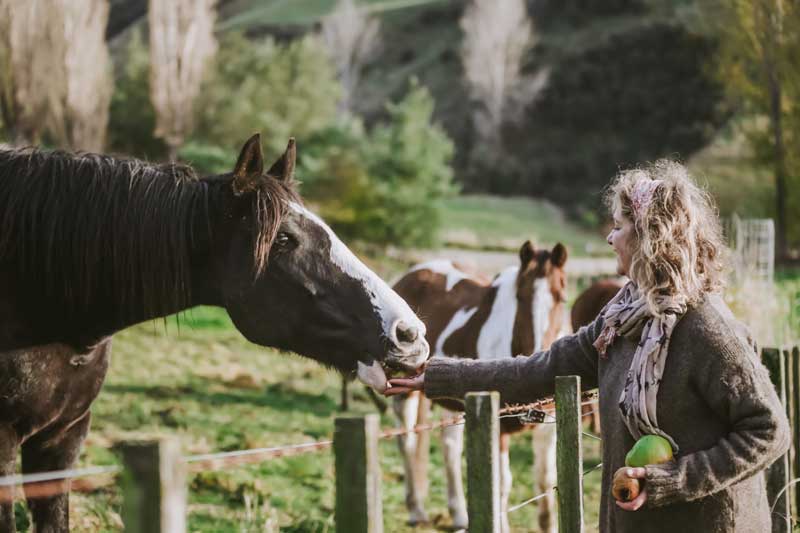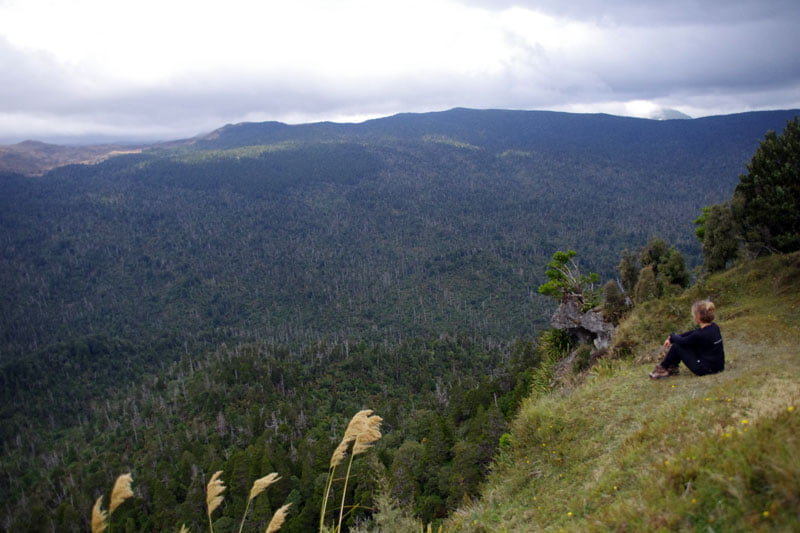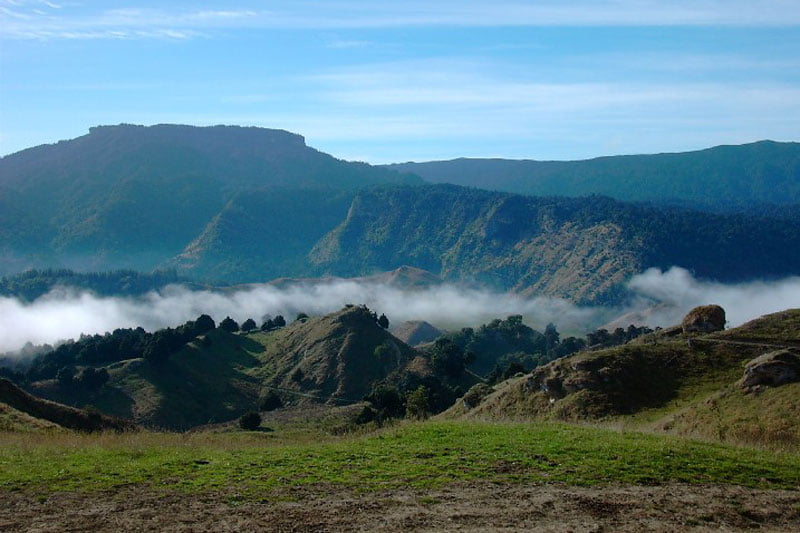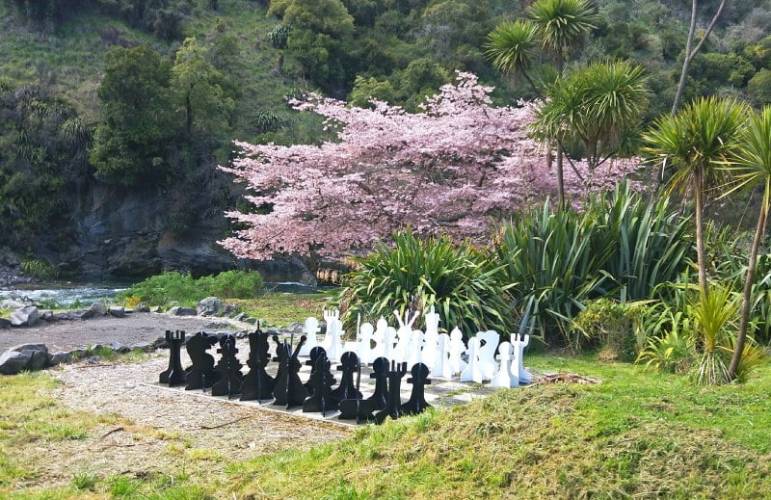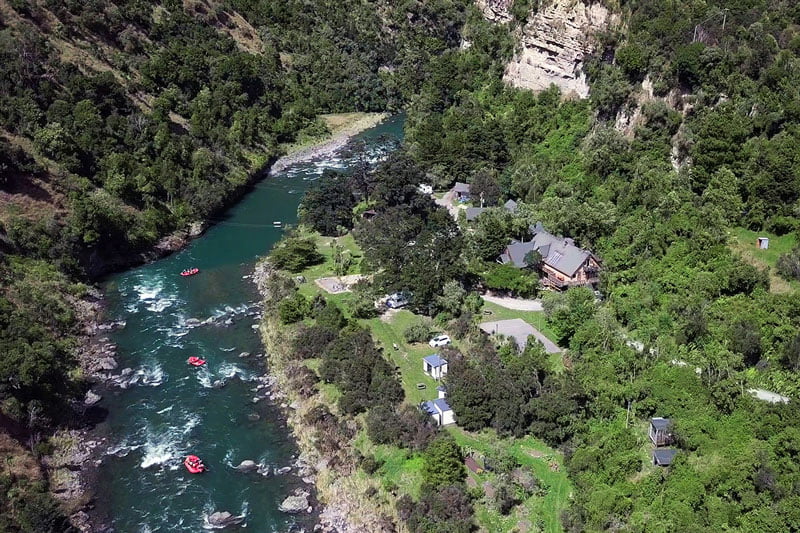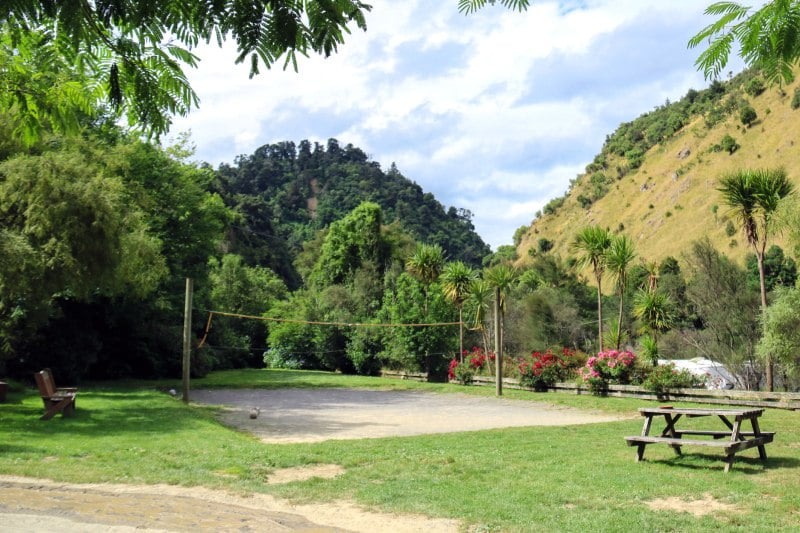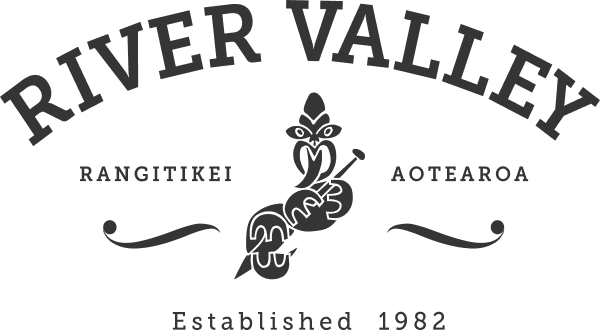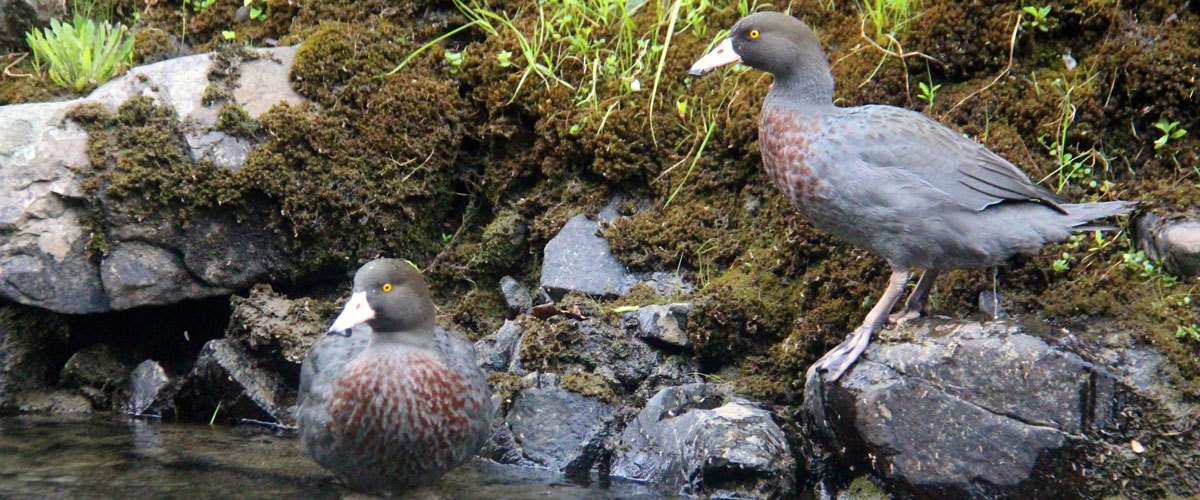
Into the Dark
How do we value that which may be lost forever?
Extinction – a situation in which something no longer exists (Cambridge Dictionary)
For many people, extinction is just another word.
I have had several conversations around this subject and especially thought about it more as I cleared stoat traps yesterday on a trap line down the Rangitikei River. (A bit of virtue signalling there).
How well does talk of extinction resonate with the average person?
When you are trying to pay the rent or mortgage, get the kids off to school before rushing off to work, trying to make ends meet, what does it really matter to you whether another native species, such as Kea, Whio or some gecko, goes extinct. Whether it goes into the dark, forever. Will that affect your daily life? Does it feel that extinction matters other than in some academic way?
Even with people who have spent a great deal of time out in the bush, even with them, talk of extinction does not necessarily resonate. Our forests are now so extensively modified by introduced animals such as deer, goats, possums, stoats, rats, pigs and, latterly, wallabies that we have little connection or even idea of how they once were. And if you are primarily there to get some meat for the family, would it matter.
It seems evident to me that much of the messaging around these types of environmental issues does not cut through. Why?
I think much of this is because nature or the environment is “out there”. We don’t feel that we are a part of it.
How will saving the Whio or Blue Duck, or some other creature, improve your life in overcrowded housing in South Auckland? The message may be that we will all be the poorer for losing that creature in some undefined way, but is that enough to get us to care?
Even for those who do spend much of their “leisure” time, voluntarily tramping in the ranges clearing traps (incidentally, I am in awe of the commitment of these people), even them, is there the recognition that we, human beings, are a part of this natural system? Or is the feeling more one of being a game warden, keeping the nasty critters away from the animals that we feel are in our care—a bit like looking after a big zoo.
So I find what started this post as thoughts about what it means to our society and us as individuals if some species go into the dark, straying into the current “environmental message”.
It seems to me that much of the current environmental message is almost virtue signalling. I find myself guilty of it. Look at me. I get out and check traps to save the Whio. I must care and be a better person for it. Hmmm.
Of course, this type of messaging is undoubtedly helpful if you are selling electric vehicles. Save the planet by buying an EV! That’s a joke.
God, this post has got cynical! And the point of it.
The point of it is to ask the question.
How do you change the message so that everyone, no matter their circumstances, feels their lives will be better, that it truly matters, if there are Whio and our rivers are unpolluted, the air is cleaner, and we are not seeing our fellow travellers on this amazing planet of ours going into the dark?
I wish I knew the answer.
Brian Megaw

